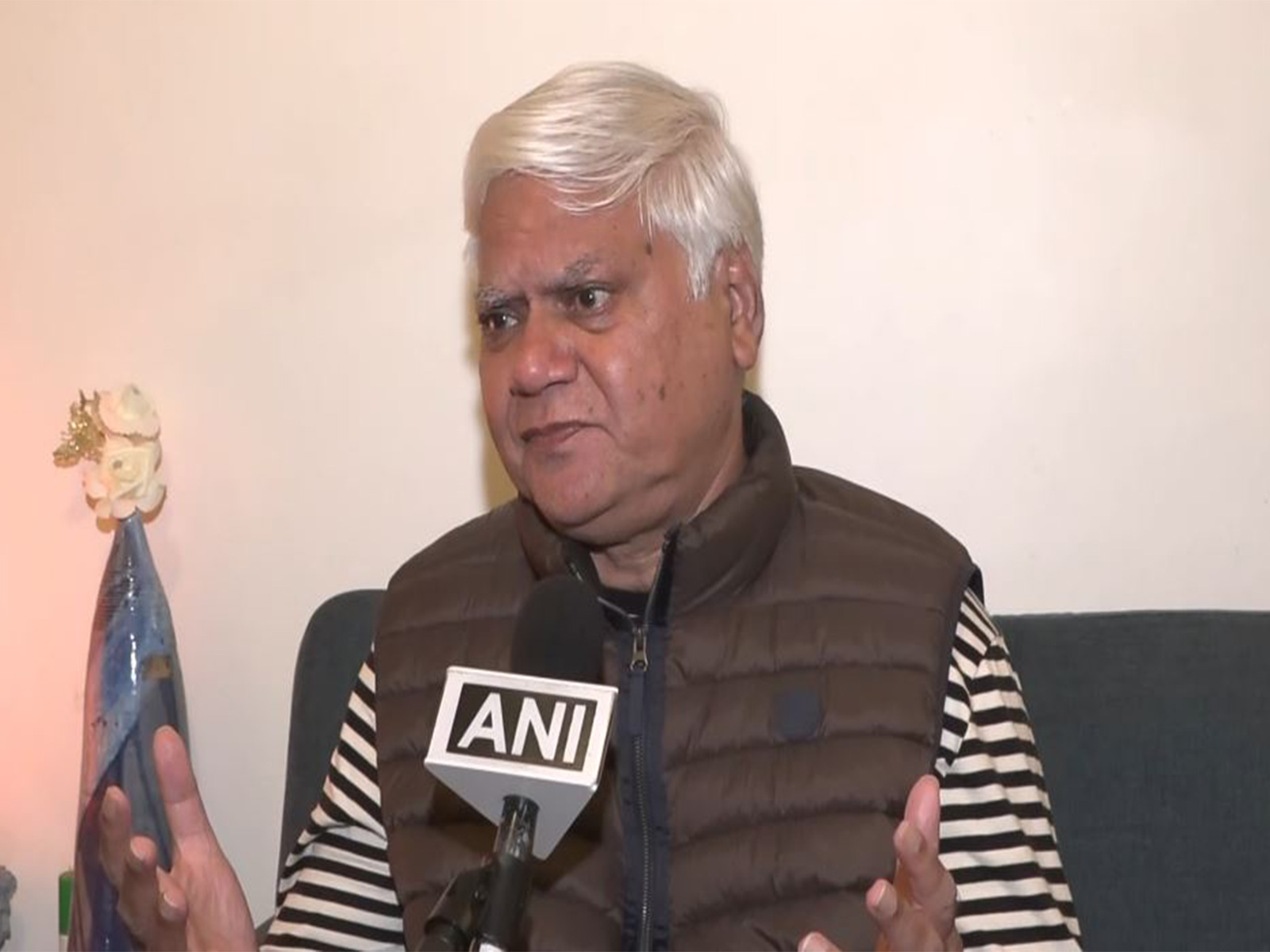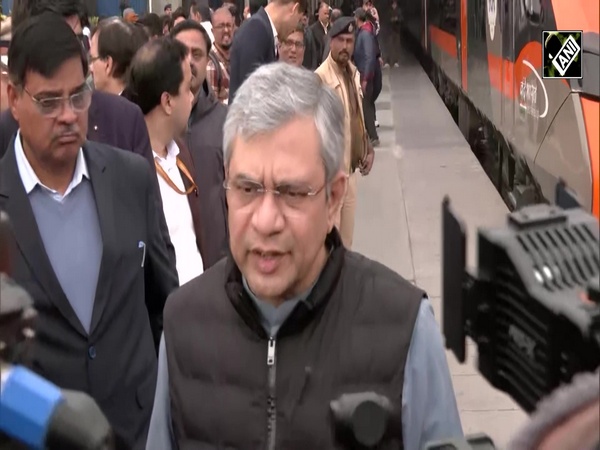ASEAN nations likely to occupy crucial position in global economy in future: Report
Jun 09, 2023

Beijing [China], June 9 : The Association of Southeast Asian Nations (ASEAN), the bloc which, at present, is negotiating free trade agreements with other nations, is expected to play a significant role in the future of the global economy, Japanese Scholar Takashi Hosoda wrote in the Eurasian Times.
"As long as it helps the ASEAN countries' economies expand and their societies advance, I have no issues with the decrease or elimination of tariff and non-tariff obstacles through a free trade agreement (FTA), the author writes, adding that if a nation attempts to increase its own influence through strengthening the content of its FTAs, based on a distinct strategic goal inside itself, it becomes a situation to remain alert," he wrote.
The ASEAN region's security situation is, nevertheless, radically altering and the future of ASEAN depends on this process, the author stated.
Underlining the China-ASEAN pact, the Japanese Scholar opined that in addition to facilitating trade between ASEAN and China, the ASEAN-China Free Trade Area (ACFTA), which was established in 2005 as a trade-in-goods agreement and later expanded to include a trade-in-services agreement, investment agreement, and investment agreement in 2010, has also helped to advance trade in the region as a whole.
However, he also stated that under ACFTA, China may be able to advance its political objectives in this situation by making appropriate concessions to ASEAN nations.
In other words, China has to guarantee "rulemaking" through the ACFTA 3.0 discussions in order to ensure its future economic growth and realise a "new world order" with Chinese features that are not led by the West, as China asserts, reported The Eurasian Times.
The present ACFTA 3.0 negotiations cover trade liberalisation (increasing market access) and investment liberalisation, bolstering supply chain connectivity, fostering collaboration in the digital economy, and establishing a green economy.
Beijing is aware that the "making Chinese hegemony through economic influence" strategy appears to pose less of a threat to international opinion. If China believes that giving the ASEAN nations quick economic gains is a mistake from a strategic standpoint, the ASEAN nations could not object when China's true control is enhanced, the author wrote in the Eurasian Times.
China and five other parties including four ASEAN member states -Brunei, Malaysia, the Philippines and Vietnam - hold competing claims in the South China Sea. Still, the Chinese claims are the most expansive and a 2016 international arbitration tribunal ruled that they had no legal basis.
ASEAN comprises ten members: Brunei, Cambodia, Indonesia, Laos, Malaysia, Myanmar, the Philippines, Singapore, Thailand and Vietnam.


















